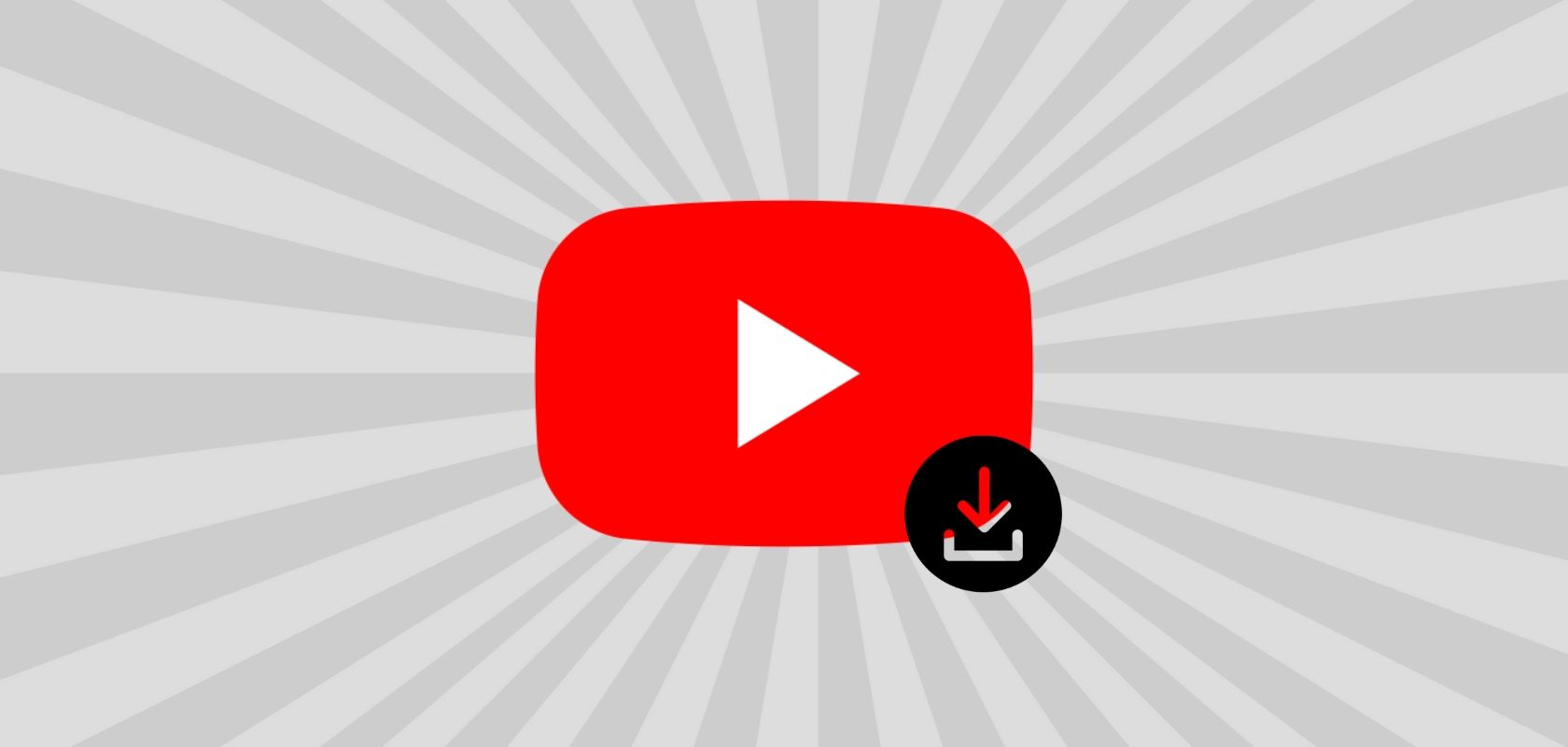Streaming is often said to be not only the future but the present of music, with large and successful streaming services playing an important part in reducing the level of “piracy” affecting the music industry.
However, there are those who still can’t access these platforms authorized to provide copyrighted music – Spotify, for example, is not available everywhere in the world.
Then there are those who can’t or won’t pay, and those who like to have their music physically downloaded to their device.
This is where some fairly simple software, known as “stream rippers,” comes in. An entire ecosystem of websites has sprung around these programs, allowing users to easily download videos from YouTube (and other platforms) and also convert them into video and audio files.
Needless to say, the music industry in the US eventually picked up on this and decided to clamp down.
RIAA, the US recording industry’s trade body, attacked the problem via Google, by sending DMCA takedown notices to the giant to remove links to the websites in question.
TorrentFreak describes these notices as “relatively rare” as they’re based on DMCA’s anti-circumvention rule.
So far, thousands of URLs have been targeted in hundreds of notices, and Google is complying.
However, ripping sites are adapting by “continuously using new URL structures” and remain discoverable on Google.
And as this “whack-a-mole” game continuous, RIAA has found its first ally: it’s the British music industry’s trade association, BPI.
The text of the BPI takedown notices sent to Google is the exact same as what RIAA dispatches (minus a corrected typo, and changed spelling, from US to British, of a single word).
Both sets of notices mention that the sites circumvent “YouTube’s rolling cipher, a technical protection measure” that should prevent downloads from YouTube.
Perhaps the industry should ask YouTube to come up with a better “rolling cipher”? Or perhaps they should stop using YouTube as a free platform for promotion, and then complain and kick up a DMCA storm when somebody downloads that content? Not to mention that not all content on YouTube is copyrighted.
These were some thoughts readers have had over on TorrentFreak, which also notes that BPI’s target, the site Mpgun, continues to top results on Google for relevant searches.








